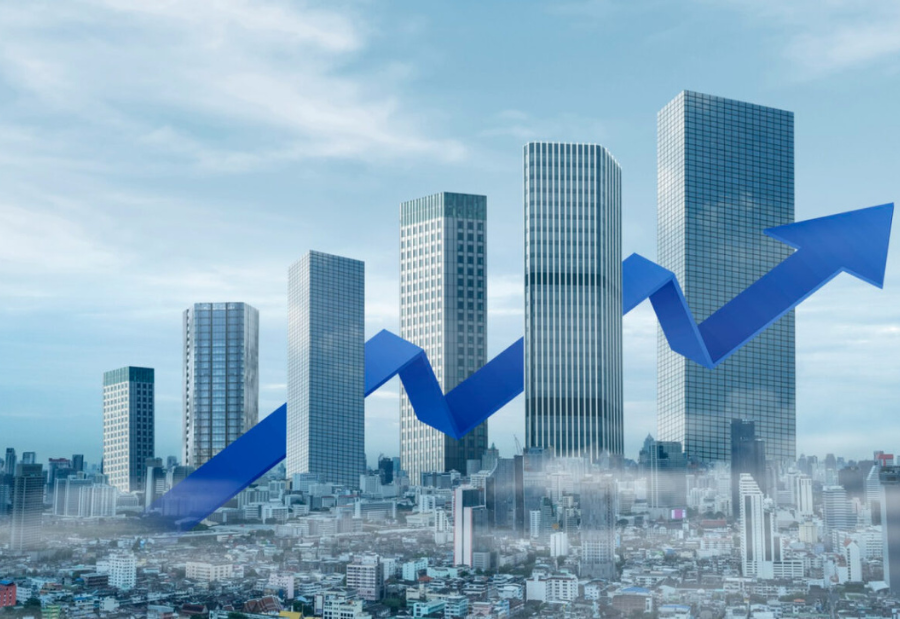Pune has rapidly emerged as one of India’s most balanced growth hubs, powered by both IT services and manufacturing. According to a recent report, the city’s IT exports have more than doubled in five years, rising from ₹50,000 crore to ₹1.05 lakh crore, securing Pune the position of India’s third-largest software export hub after Bengaluru and Hyderabad.
The growth has been supported by a strong Global Capability Centre (GCC) ecosystem and a resurgent manufacturing base, pushing the city’s GDP growth to 8.3 percent. Pune now hosts more than 360 operational GCCs, with a sectoral split of 30 percent in BFSI, 26 percent in manufacturing, and 21 percent in technology, creating resilience and steady demand. The SBD East zone, covering Kalyani Nagar, Yerwada, Viman Nagar, Kharadi, and Hadapsar, has captured 70 percent of GCC demand since 2021, driving 56 percent of office leasing as well as premium housing growth.
“Pune represents more than growth—it embodies India’s most strategically balanced urban success story,” said Sanjay Bajaj, Senior Managing Director, Pune, JLL.
The city’s Grade A office stock stands at 89.2 million square feet and is expected to expand further, accounting for 13 percent of the national pipeline of 223 million square feet by 2028. With average rents at ₹82.3 per square foot per month, 14 percent lower than the national average, Pune offers cost advantages for corporations.
Manufacturing continues to be a key driver, with 14,550 new industrial and commercial units added in MIDC clusters post-COVID, accounting for 25 percent of Maharashtra’s total. Between 2020 and 2024, Pune recorded 9.25 lakh MSMEs, creating jobs for over 55 lakh people. Warehousing and logistics are also expanding, with 66 million square feet of operational stock and another 55 million square feet planned by 2028.
The residential market has grown alongside employment opportunities, with home sales more than doubling since the pre-pandemic period and launches increasing 2.4 times. Luxury housing demand is concentrated in SB Road, Shivaji Nagar, and Koregaon Park, while Pimpri-Chinchwad, Tathawade, and Ravet cater to affordable housing needs.
Looking ahead, nearly 0.4 million new employees are expected in the next five years. “The real estate sector must now become a strategic enabler of this growth,” said Bharat Agarwal, President, NAREDCO Pune.
Also read: Viksit Workforce for a Viksit Bharat
Do Follow: The Mainstream formerly known as CIO News LinkedIn Account | The Mainstream formerly known as CIO News Facebook | The Mainstream formerly known as CIO News Youtube | The Mainstream formerly known as CIO News Twitter |The Mainstream formerly known as CIO News Whatsapp Channel | The Mainstream formerly known as CIO News Instagram
About us:
The Mainstream formerly known as CIO News is a premier platform dedicated to delivering latest news, updates, and insights from the tech industry. With its strong foundation of intellectual property and thought leadership, the platform is well-positioned to stay ahead of the curve and lead conversations about how technology shapes our world. From its early days as CIO News to its rebranding as The Mainstream on November 28, 2024, it has been expanding its global reach, targeting key markets in the Middle East & Africa, ASEAN, the USA, and the UK. The Mainstream is a vision to put technology at the center of every conversation, inspiring professionals and organizations to embrace the future of tech.




